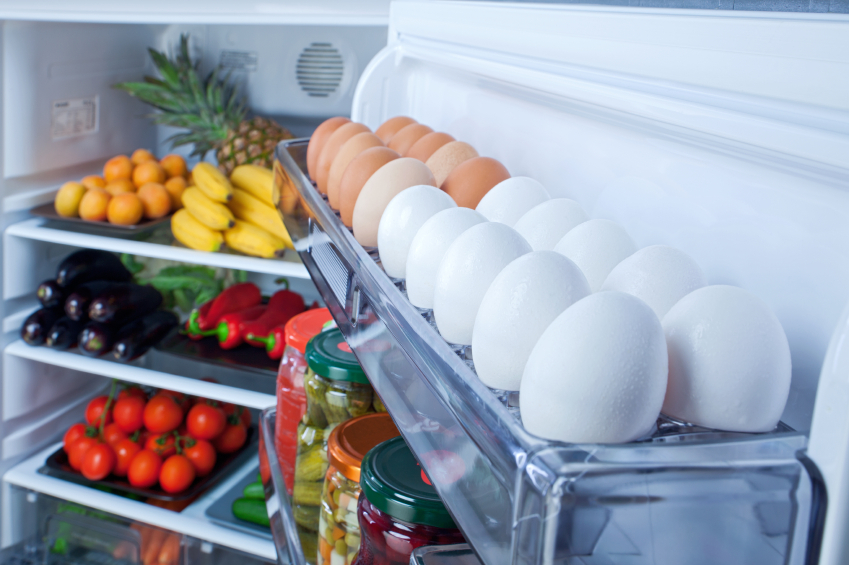Should You Refrigerate Eggs?
It depends on where you live.
Refrigerating eggs, should you do it or not?
It's a question that could pop up in anyone's mind who has ever bought eggs.
While the consensus is that refrigerating eggs increases its lifespan and keeps it fresh for more than twice as long as eggs kept at room temperature, there are also arguments against the usefulness of refrigerating eggs.
It also depends on where you live
For example, if you are in the US or any of these other countries including Australia, Japan and Scandinavian countries, eggs should be refrigerated because of the way they are treated after being laid.
In those countries, eggs are washed and sprayed with a chemical sanitiser before they are sold to the public to reduce the risk of salmonella infection.
And the fact that the eggs there are already refrigerated before you could buy them means they must be kept at that temperature to avoid the formation of sweat, facilitating the growth of bacteria that could contaminate the egg.
Moreover, eggs, once refrigerated, should not be left out for more than two hours.
On the other hand, the same does not apply if you live in European countries, where how an egg is treated after being laid carries a stark contrast from the US.
Because eggs in the EU are treated differently than in the US, it is considered unnecessary to refrigerate them as long as you plan to consume them soon.
What about countries in our region like Malaysia and Singapore?
While eggs are commonly stored alongside other nonperishable food items as stores in these countries don't refrigerate them, refrigeration is quite a common a practice among people. We simply store them in the fridge.
Although, refrigerating eggs is considered the best way to store them here.
According to Safe Food Corporation, a joint venture company developing the new survival market for eggs industries in Malaysia, eggs should be refrigerated to avoid foodborne illness.
The company also warns against washing the eggs before using them as that removes the protective layer which covers the pores of the shell and will increase the potential for bacteria on the shell to enter the egg.
Even the Agri-Food and Veterinary Authority of Singapore (AVA) advises that eggs should be kept in refrigerators as this will help to keep them fresh for longer.
However, regardless of where you live, you should not store eggs in the fridge door. Not even if it has an egg rack.
Storing eggs in the door of the refrigerator exposes them to fluctuations in temperature every time you open the fridge, which could encourage bacterial growth and impair the egg's protective membrane.
So you should always store them near the back of the refrigerator.


